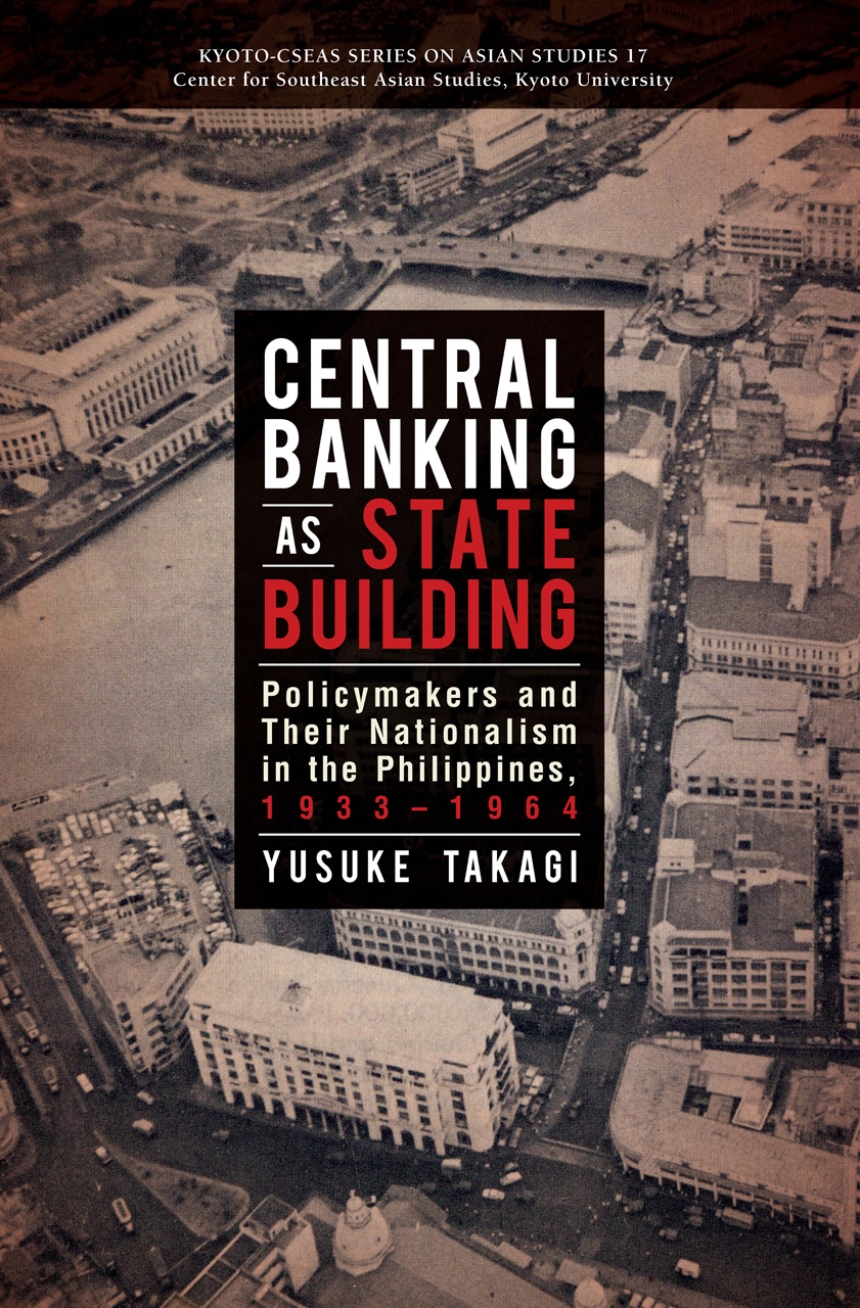National University of Singapore Press
Central Banking as State Building
Policymakers and Their Nationalism in the Philippines, 1933-1964
9789814722117
Distributed for National University of Singapore Press
Central Banking as State Building
Policymakers and Their Nationalism in the Philippines, 1933-1964
From its creation in 1949 until the 1960s, the Central Bank of the Philippines dominated industrial policy by means of exchange controls, becoming a symbol of nationalism for a newly independent state. The pre-war Philippine National Bank was closely linked to the colonial administration and plagued by corruption scandals. As the country moved toward independence, ambitious young politicians, colonial bureaucrats, and private sector professionals concluded that economic decolonization required a new bank at the heart of the country’s finances in order to break away from the individuals and institutions that dominated the colonial economy. Positioning this bank within broader political structures, Yusuke Takagi concludes that the Filipino policy makers behind the Central Bank worked not for vested interests associated with colonial or neo-colonial rule but for structural reform based on particular policy ideas.
288 pages | 6 halftones | 6 x 9 | © 2016
Asian Studies: Southeast Asia and Australia
Economics and Business: Economics--History, Economics--Money and Banking
History: American History
Reviews
Table of Contents
List of Tables
List of Abbreviations
Acknowledgements
Selected Time Table
Introduction
Chapter 1 Nationalism and the Philippine Colonial State, 1872-1933
Chapter 2 Beyond the Colonial State, 1933-45
Chapter 3 Departure from the Colonial Economy, 1946-50
Chapter 4 The Economic Decolonization and the Great Debate, 1951-57
Chapter 5 The Central Bank and Economic Nationalism, 1958-61
Chapter 6 New Generation and New Policy: Decontrol, 1962-64
Conclusion
Bibliography
Index
List of Abbreviations
Acknowledgements
Selected Time Table
Introduction
Chapter 1 Nationalism and the Philippine Colonial State, 1872-1933
Chapter 2 Beyond the Colonial State, 1933-45
Chapter 3 Departure from the Colonial Economy, 1946-50
Chapter 4 The Economic Decolonization and the Great Debate, 1951-57
Chapter 5 The Central Bank and Economic Nationalism, 1958-61
Chapter 6 New Generation and New Policy: Decontrol, 1962-64
Conclusion
Bibliography
Index

